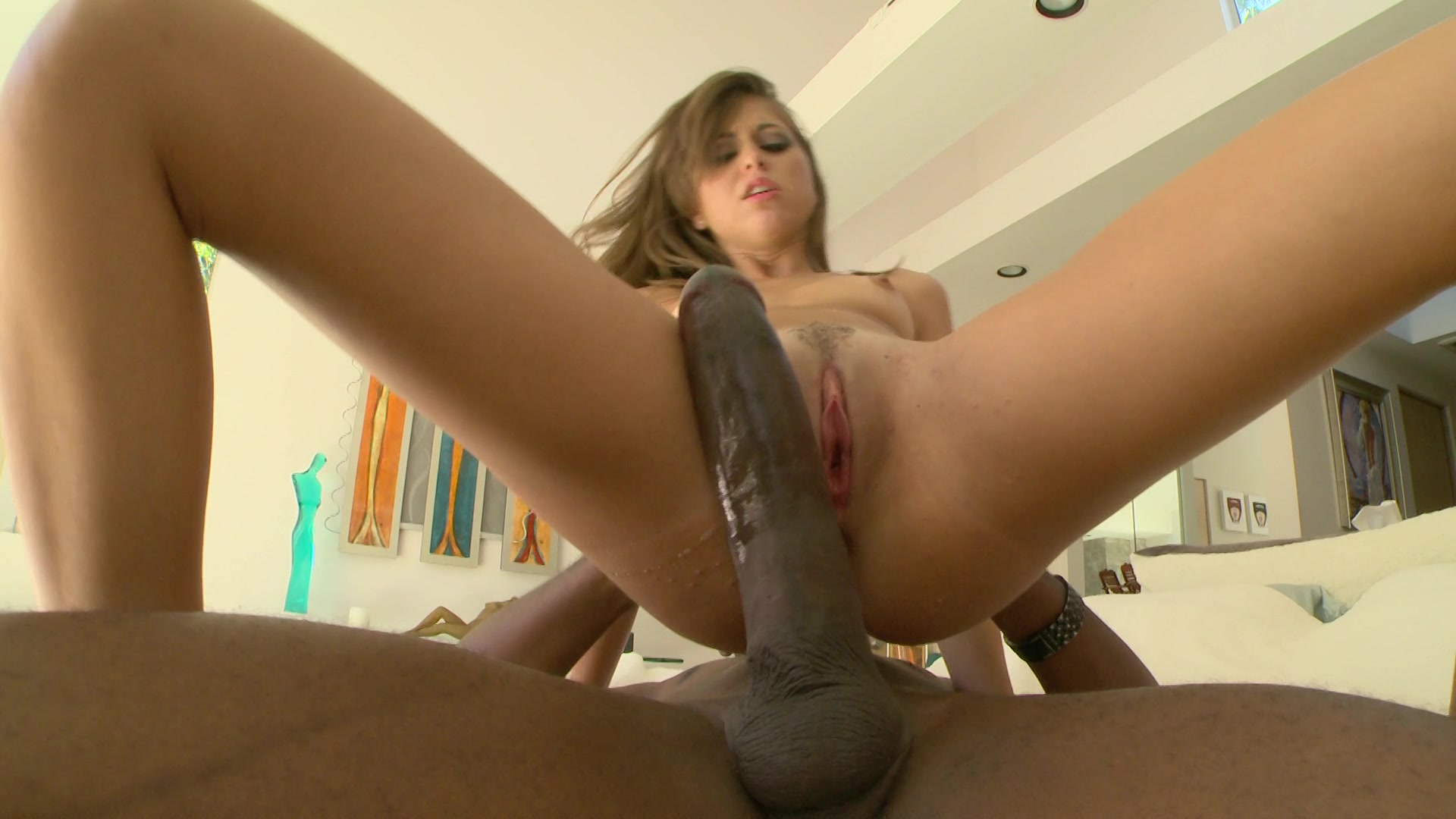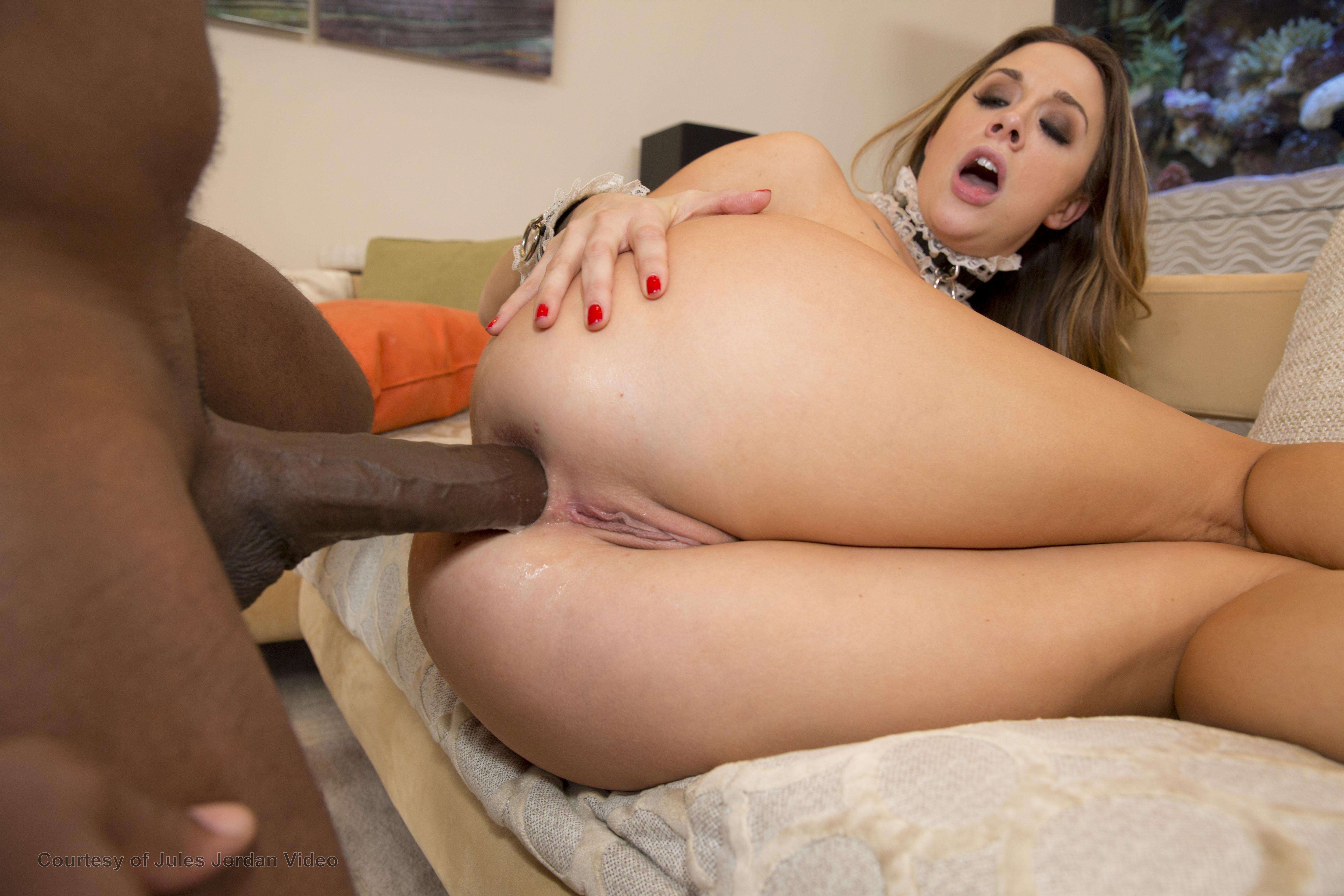Mandingo Party Meaning
Have you ever come across the phrase "mandingo party meaning" and felt a bit unsure about what it truly implies? It's a term that carries a lot of historical weight and, very often, some rather uncomfortable associations. We're going to take a closer look at this phrase, exploring its origins and what it means in various contexts, so you can get a clearer picture.
This phrase, as you might gather, isn't something you hear in everyday pleasant conversation. It really stems from a specific cultural touchstone, one that many people find deeply disturbing. Understanding its background helps us see why it's a term that needs careful handling and, in many cases, why it's best avoided altogether. We'll unpack the layers here, as a matter of fact, to get to the core of its significance.
Our aim here is to provide a clear, factual explanation of where this term comes from and the baggage it carries. We'll discuss its link to a particular film and the broader historical issues it touches upon. By the way, this understanding is important for anyone wanting to grasp the nuances of language and its impact, especially when dealing with sensitive topics.
Table of Contents
- What is "Mandingo Party Meaning"?
- The 1975 Film "Mandingo": Its Influence
- Historical and Cultural Context
- Modern Usage and Implications
- Why Understanding Matters
- Frequently Asked Questions About "Mandingo Party Meaning"
- Moving Forward with Awareness
What is "Mandingo Party Meaning"?
When people refer to "mandingo party meaning," they are usually talking about a concept that is directly tied to the 1975 American historical melodrama film called "Mandingo." This film, you see, focuses on the Atlantic slave trade in the antebellum South. So, the term itself isn't about a literal social gathering in the usual sense. It's more about a problematic scenario depicted in or associated with that movie, and it has, in a way, become a shorthand for something quite specific and often offensive.
The core of the term's meaning comes from how the film portrays certain aspects of slavery, particularly the dehumanization and exploitation of enslaved Black individuals. It's a phrase that, in some respects, evokes images of forced sexual encounters or the objectification of Black men. This is why, very often, it carries such a negative and disturbing connotation. It's not a lighthearted phrase at all.
The film's title, as a matter of fact, refers to the Mandinka people, which is an ethnic group in West Africa. However, the way the term "Mandingo" is used within the film and subsequently in common parlance, especially in phrases like "mandingo party," often strips away this cultural identity and reduces it to a racialized and sexualized stereotype. It's something that really needs to be understood with its full, problematic weight.
This phrase, therefore, isn't about celebration or enjoyment. Instead, it points to a history of exploitation and a continued pattern of harmful representation. It's a reminder of how certain narratives can perpetuate stereotypes. Understanding this connection is, pretty much, the first step in addressing its impact.
The term "mandingo party" isn't found in historical records as an actual event during the time of slavery. It is a construct that, arguably, emerged from the film's sensationalized portrayal. This distinction is important, as it highlights that the phrase is a product of media representation, not a direct historical term for a type of gathering. It's just a crucial point to remember.
The 1975 Film "Mandingo": Its Influence
The film "Mandingo," released in 1975, had a significant, if controversial, impact on popular culture. It featured actors like James Mason, Susan George, and Perry King, and it aimed to depict the harsh realities of slavery. However, its approach was, arguably, quite sensationalized, which led to a lot of criticism. The movie's portrayal of enslaved people and their experiences is central to understanding the "mandingo party meaning."
This movie, you know, came out during a time when films about slavery were still quite rare, and many were grappling with how to tell these stories responsibly. "Mandingo," however, chose a path that prioritized shock value over historical accuracy or dignity. This choice, frankly, shaped how the term associated with it would be perceived for decades to come.
The film's influence, then, isn't necessarily positive. It is more about how it etched a problematic stereotype into the public consciousness. People who use the term "mandingo party" today are, basically, drawing from this specific cinematic reference, whether they realize it or not. It's pretty much a direct link.
Film Plot and Themes
The plot of "Mandingo" centers around a slave-breeding plantation. The film shows, among other things, the forced sexual relationships between enslaved Black men and white women, often for the purpose of producing more enslaved people. The narrative, as I was saying, is steeped in themes of power, racial oppression, and sexual violence. It's a very graphic and, for many viewers, an extremely uncomfortable watch. The film also features Richard Ward, adding to its cast.
One of the more notorious aspects highlighted in "My text" about the film is its explicit depiction of sexual acts. For instance, the text mentions, "Ask the thousands of girls who've had the pleasure and honor of worshiping the cock on big black mandingo,When it comes to hot sluts who

mandingo-kingo.tumblr.com - Tumbex

Mandingo Massacre 6 Streaming Video On Demand | Adult Empire

Mandingo Massacre 8 - Jules Jordan Video Image Gallery Photos @ Adult